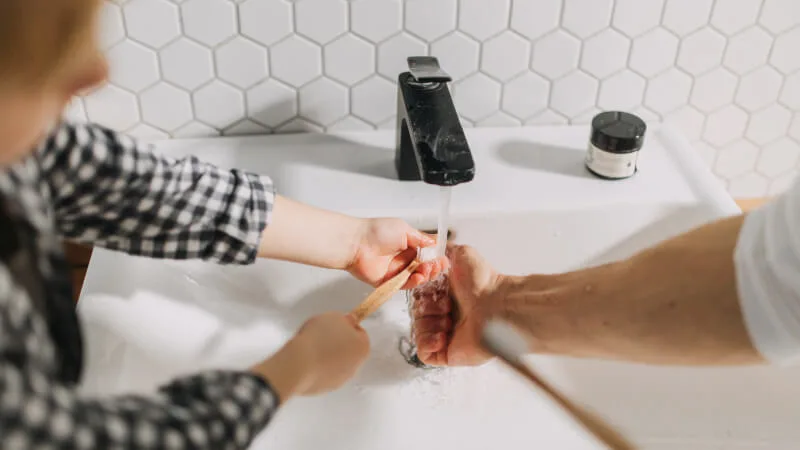1 Mayo Clinic, Oral health: A window to your overall health, 2021
2 Costs vary by state and available plan type selected.
3 Mayo Clinic, Oral health: A window to your overall health,
4 2021, https://www.guardianlife.com/dental-insurance/individuals
5 Colgate, Types Of Dental Coverage: Which Is Right For You?, 2023
* Actual costs vary, but dental crown can cost $2,000 or more. A good comprehensive plan can lower that to under $700. Here's how: We'll assume you have a PPO dental plan that covers major procedures at 50%, you're past the waiting period, and your dentist's customary fee for the treatment is $2,000. With a 35% in-network discount, the fee goes down to $1,300. After paying your $50 deductible, the insurance company pays half of the remaining $1,250 charge, and you owe the other half ($625). You save $1,325, and your total out-of-pocket expense is $675.
** Mobile app currently only supports Group planholders.
Links to external sites are provided for your convenience in locating related information and services. Guardian, its subsidiaries, agents and employees expressly disclaim any responsibility for and do not maintain, control, recommend, or endorse third-party sites, organizations, products, or services and make no representation as to the completeness, suitability, or quality thereof.
DentalGuard Insurance is underwritten and issued by The Guardian Life Insurance Company of America, New York, NY. Products are not available in all states. Policy limitations and exclusions apply. Optional riders and/or features may incur additional costs. Generic Policy Form # GP-1-DG2000, et al; GP-1-DEN-16; DG7-P. The state approved form is the governing document.
Individual dental insurance products are underwritten by The Guardian Life Insurance Company of America, New York, New York or by one of its wholly owned subsidiaries. Dental provider networks vary by state, by market and by plan type. Plans availability, benefits and deductibles vary by state. Rates are guaranteed for one year for the plan benefits initially selected. Policies renew annually. Please refer to your plan documents for a complete list of limitations and exclusions. Policy Form IP-DEN-16; IP-DEN-20; et. al. Plan documents are the final arbiter of coverage. This policy provides DENTAL insurance only.
[This information is not intended for residents of New Mexico.]











